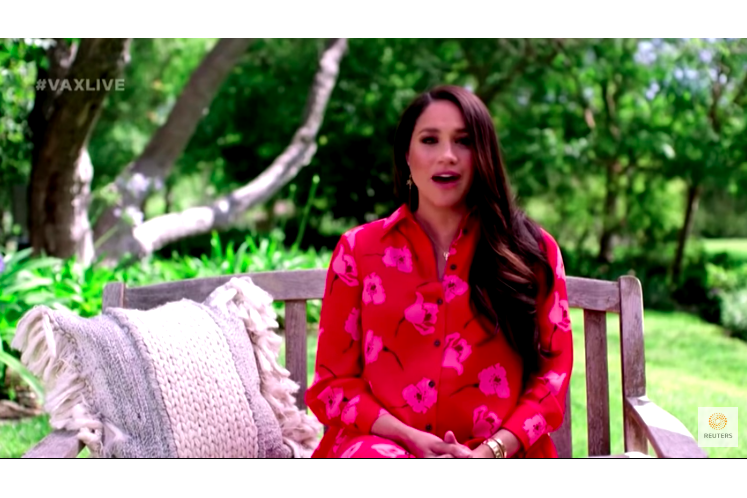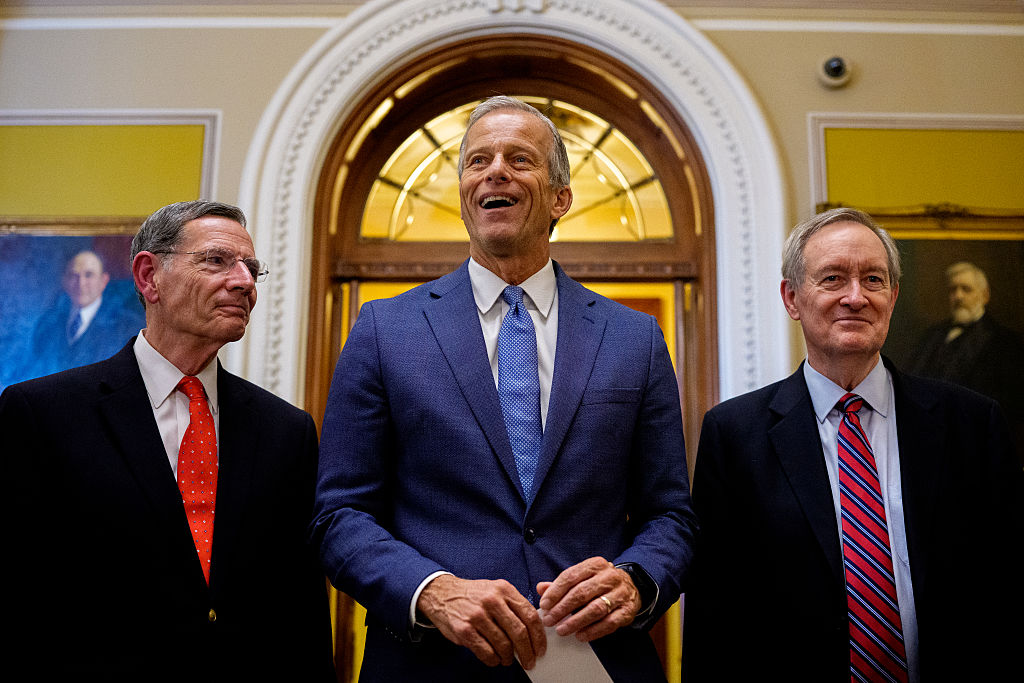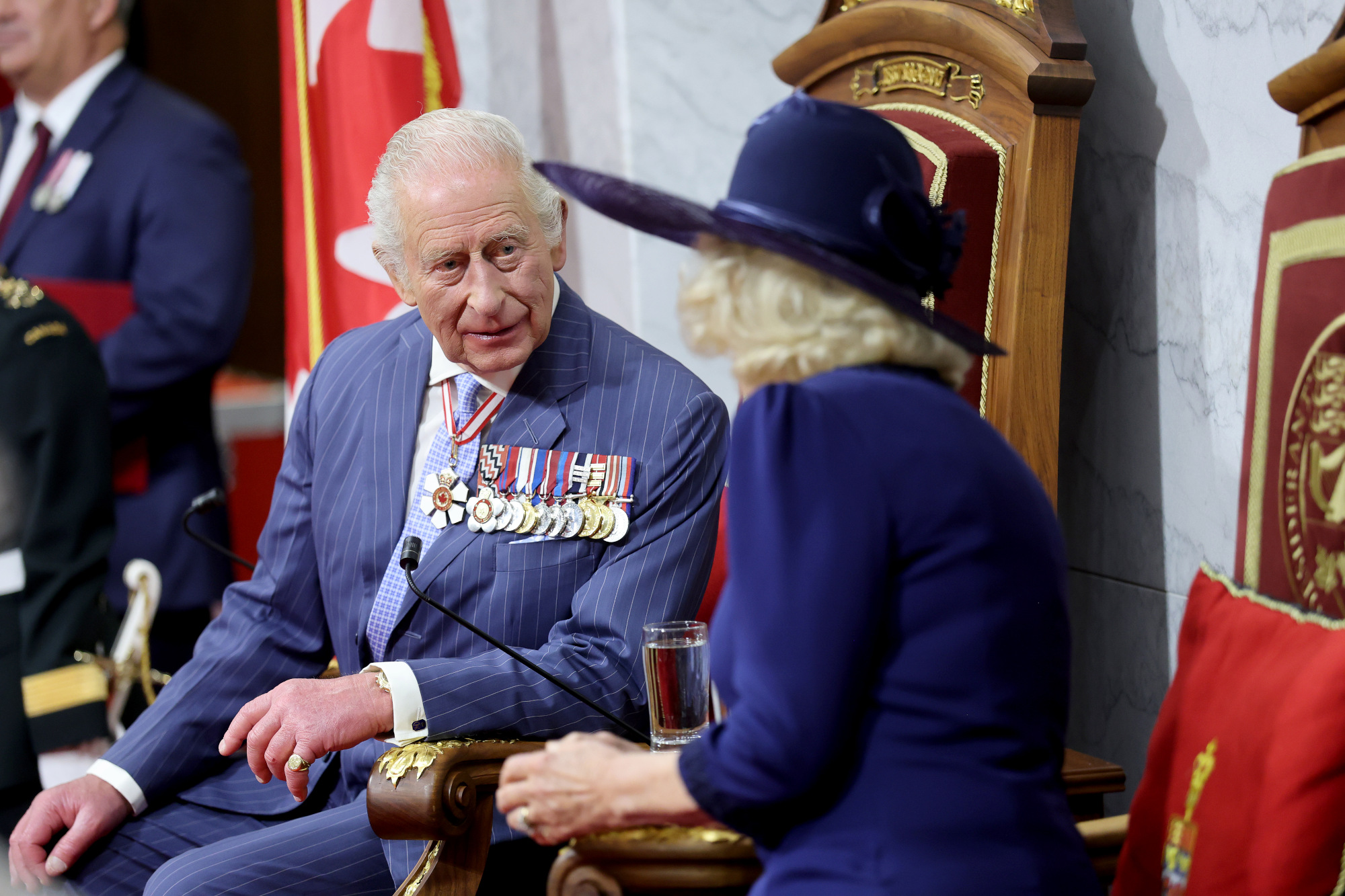When you are on the side of global enlightenment, the standards of proof required for your assertions tend to be somewhat lower. This perhaps explains why Meghan Markle’s comments during an event called the Global Citizen’s Vax Live concert were so widely reported yet so little challenged by the usual army of self-appointed ‘fact-checkers’ who swoop on anything to do with COVID.
She claimed that women ‘have been disproportionately affected by this pandemic’, citing a ‘surge in gender-based violence, the increased responsibility of unpaid care work and new obstacles which have reversed so much progress for women in the workplace’.
She went on to say that ‘women, especially women of color, have seen a generation of economic gain wiped out’ and claimed that since the beginning of the pandemic ‘nearly 5.5 million women have lost work in the US’. She also asserted that ’47 million women around the world are expect to slip into extreme poverty.’
To start with gender-based violence, this claim has been widely made, and may well be true. It would certainly make sense if unemployment and lockdowns, forcing couples to spend more time under the same roof in stressful circumstances, had led to an increase in domestic violence.
There is not a lot of good data on this, however. The best the UN can do is cite data from France showing a 30 percent increase in domestic violence since lockdown, and increases of 25 percent, 30 percent and 33 percent in calls to domestic violence helplines in Argentina, Cyprus and Singapore respectively.
It isn’t clear where Meghan sourced her claim that women ‘have seen a generation of economic gain wiped out’, nor exactly what she meant by it. Did she mean that women are back to where they were in the early 1990s in terms of absolute wealth, or that the gap between male and female wealth is back to where it was then?
The claim that 47 million women ‘are expected’ to fall into extreme poverty is, on the other hand, easy to trace: it comes from a study prepared for UN Women and the UN Development Program by the Pardee Center at the University of Denver last September.
Meghan, however, quotes somewhat selectively, suggesting that women will come off worse than men. In fact the study estimated that 96 million people around the world will slip into extreme poverty due to the fallout from COVID-19, of whom 47 million are women and girls. In other words, the study actually suggests men and boys will come off slightly worse than women and girls.
UN Women has made a series of assertions that women are more at risk of losing their employment as a result of COVID-19. It has claimed that women are ’19 percent more at risk’ of losing their jobs. This is an estimate based on evidence that women make up a larger proportion of workers in economic sectors which have been especially affected by the pandemic, such as accommodation and food services and domestic work.
Where hard evidence exists, it does not indicate a huge difference in job losses between men and women, even if it does appear to partly back up Meghan’s claim. The International Labor Organization, for example, has published the change in employment in the US between May 2019 and May 2020, at the height of the first wave of COVID-19. The fall in male employment was measured at 11.4 percent and that of women at 13.8 percent.
But whatever happened at the height of lockdowns, the latest employment figures in the US show a higher unemployment rate for men over the age of 20 (6.1 percent) than for women (5.6 percent).
If you are going to make a generalized assertion that women ‘have been disproportionately affected by this pandemic’ there is something rather important missing from Meghan’s analysis: what about the numbers of people catching the disease and dying from it? Surely that is the most important measure of all. And, as has been clear from the beginning of the pandemic, COVID is a disease which afflicts men significantly more than it does women.
In a review of evidence from 46 countries by a team led by University College London, and published in Nature Communications last December, for example, men were found to have almost three times as big a risk of ending up in intensive care as a result of COVID-19, and were 1.39 times as likely to die from it. There was no difference in the numbers of men and women becoming infected.
It takes some gall for Meghan to make a claim about women suffering disproportionately from COVID-19 and ignore this very clear disparity.
This article was originally published on The Spectator’s UK website.

























